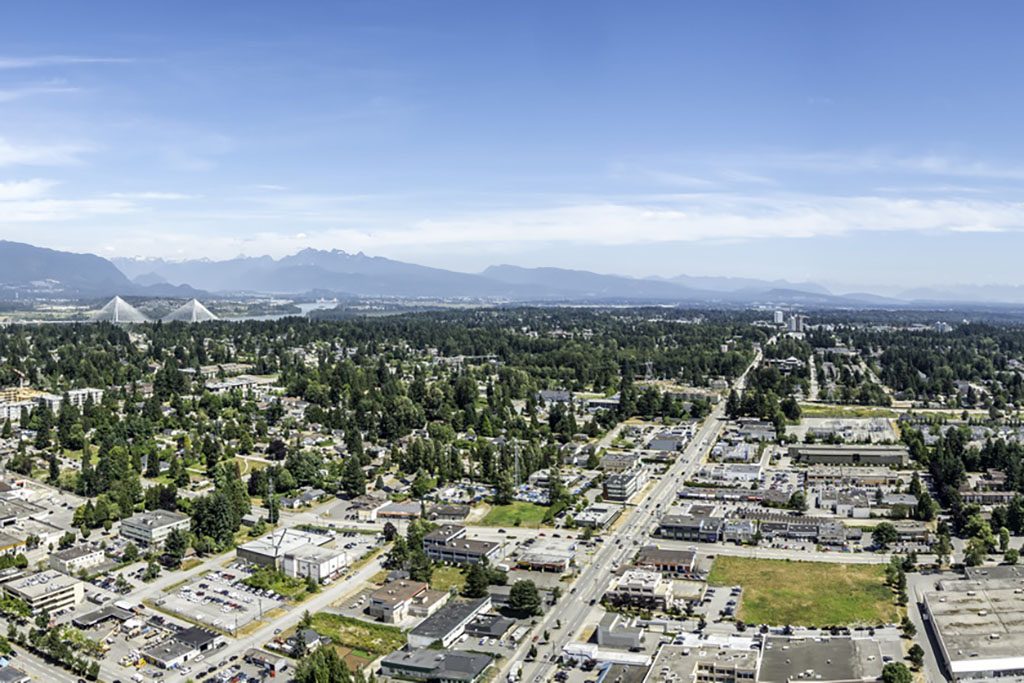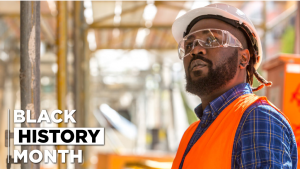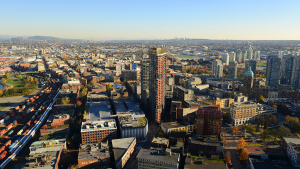SURREY, B.C. – The City of Surrey reached new highs for building permit values while reigning in permit wait times for single-family dwellings. The total construction value exceeded $2.29 billion last year, which is 33 per cent higher than the previous record total of $1.52 billion from 2018.
In 2019, $1.57 billion of the construction value came from residential permits which translated to 6,632 new dwellings that will be built in Surrey.
“The economic confidence in Surrey has reached new heights and breaking the $2 billion mark in building permits is uncharted territory for our city,” said Mayor Doug McCallum in a press release. “The livability, affordability and recreational amenities that Surrey offers have established this city as a place where you can raise your family or grow your business. With the new Surrey SkyTrain extension on the horizon and with Council’s Smart Development initiatives, Surrey will be a prime destination for new residents and businesses for years to come.”
While the Planning and Development Department issued a total of 16,498 building, plumbing and electrical permits in 2019, staff were able to cut wait times for single-family dwellings to 10 weeks by the end of the year.
“We are always working on reducing wait times, but we had fallen behind,” said Rémi Dubé, building division manager for the city.
In comparison, the wait time for a single-family dwelling permit peaked at 25 weeks in 2017. To combat this, the department changed up staffing methods, organized applications, and stream-lined some review and referrals.
With staffing, the department added capacity, reallocated some employees and got the green light to do overtime to catch up on the backlog.
The city also began to triage the permits by separated the new subdivision applications from the demolition rebuild and infill lot projects.
“The subdivisions are much easier to deal with as the lots have services,” explained Dubé. “The gradings are set and there is less reviewing involved. The infill demolition rebuilds are a lot more work and take more time. Now that time is worked into our process.”
The department is also in midst of digitizing many of the its application processes. Many types of plumbing permit applications electrical permitting needs can be done online. Those requesting tree inspections can send the city a photo beforehand to fix issues to keep the system from becoming slowed down with failed inspections.
“We have had to do it gradually, otherwise everything grinds to a halt,”
2020 will see the department work towards digitizing single-family dwelling building permits.
Their solution is currently in beta testing with several frequent designers in the city.
“It is not fully digital yet, but we expect by the end of summer to have it rolled out where everyone can do single-family permits for subdivisions and then we will start piloting it for infill projects,” said Dubé.
The city will also make an effort on the commercial and industrial side with the tenant improvement process. This includes triaging the simpler projects down one route and the more complex ones down another.
A major help to improving the processes has been the city’s investment over the past few years in data mining technology.
“It helps us so we can really keep good track of where the projects are, see what performance of the department is and see how long it takes to get to construction,” said Dubé.
He explained that while industry would always like to see processes go even faster, he believes making the processes more predictable is a big win.
“I think the industry always wants it to be a bit faster, but a big part of it is being able to be up front and say how long it will be,” he said. “That goes a long way so one can line up their work accordingly. If you drop millions servicing your site you, you want to be able to build and then sell. That predictability helps a lot.”










Recent Comments
comments for this post are closed